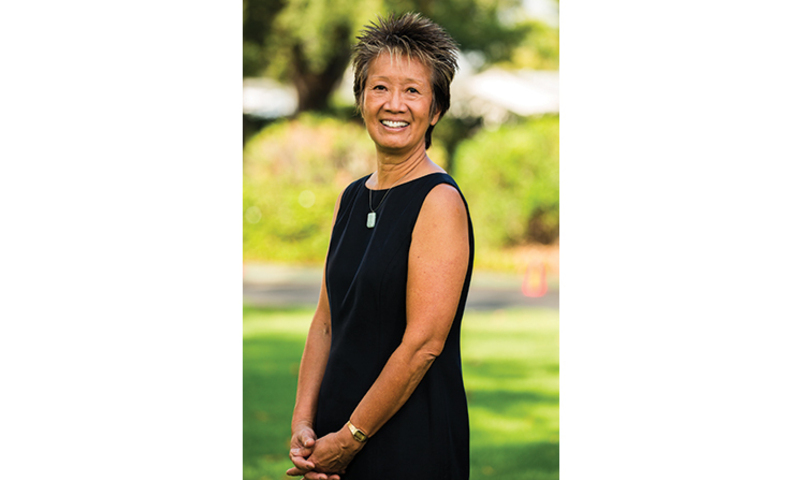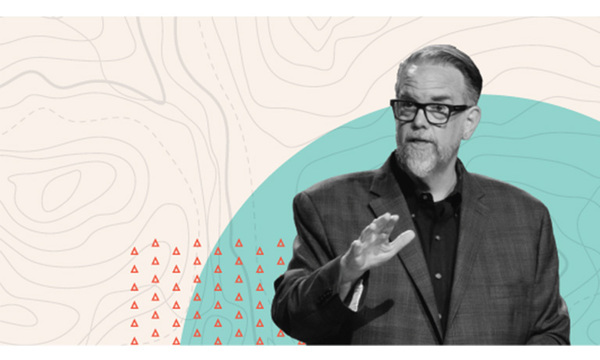Joanne Jung is Talbot’s associate dean of online education and faculty development, and a professor of biblical and theological studies. Her interests lie in hermeneutics and spiritual formation. Her research of the English Puritans, specifically their spiritual practices and community, continues to fuel Jung’s passion to nurture her students’ growth in their knowledge of the Bible and seeing that knowledge impact their spiritual transformation. This passion to see others grow in Christ extends beyond her students, serving those within her local church and community. She recently published The Lost Discipline of Conversation: Surprising Lessons in Spiritual Formation Drawn from the English Puritans (Zondervan, 2018), which was named as the Resource of the Year for Spiritual Growth by Outreach (2019).
Q: You have taught at Biola and Talbot in some capacity for about 20 years. What is your favorite thing about being a part of this community?
People. This certainly includes the students God brings for me to invest into their lives and foster their Spirit-led relationship with him and others. It also includes our faculty who are colleagues and friends. The encouragement, challenges and support, unique to this community, is priceless.
Q: What spawned your interest in studying the English Puritans? How do you believe the church today could benefit from their writings?
Who but God would have placed such an interest and pursuit of learning more about and from the English Puritans of the 16th and 17th centuries — these saints of the past — in my doctoral studies? Their printed sermons, diaries and treatises are filled with sound theology. Their devotion to God’s word and his people displays their practical theology in both private and communal contexts. When I rediscovered their practice of conference, conversations that blend biblical literacy with care for one another’s souls, I knew it was something from which those in and outside our contemporary church would benefit.
Q: You have invested a lot in resourcing Talbot with effective online teaching strategies and tools. How was your team prepared to face the unique challenges and quick transition to fully remote and online learning due to Covid-19 this year?
All gratitude goes to God who prepared us in many ways. When I started teaching an online course over 10 years ago, I discovered that though it took time and a little creativity to translate course content and learning activities to an online format, the students were learning well. As an advocate for students, I knew the quality of a Biola education they could receive and how it would impact their walks with God. As an advocate for faculty, I desired to resource and support them with ideas toward building and experiencing a strong learning community. Two years ago, Clint Arnold, dean of Talbot School of Theology, envisioned a way to ensure the quality of Talbot’s education when offered online. It helped to have published Character Formation in Online Education in 2015. He invited me to the associate dean of online education position to help direct our school. Teaming with Dominic Vincent and Eric Oldenburg and collaborating with Digital Learning and then IT made an almost seamless transition as possible.
Q: Are you working on any new research or writing projects?
I am currently working with my colleague, Rick Langer, on a book addressing biblical followership. Stay tuned.
Q: You certainly hold a lot of responsibility at the university. What do you enjoy doing in any free time you are able to muster up?
I try to take advantage of every opportunity given to spend time, share meals and have meaningful conversations with friends and family, especially with Norm, our four adult children, two sons-in-love and three grandchildren. And I find refreshment and delight in gardening and tending to my orchids, topiaries, seedlings and propagated plants. As life began in the garden, so it can be nourished there as well.
Interview by Jeanette Hagen Pifer
 Biola University
Biola University



.jpg)